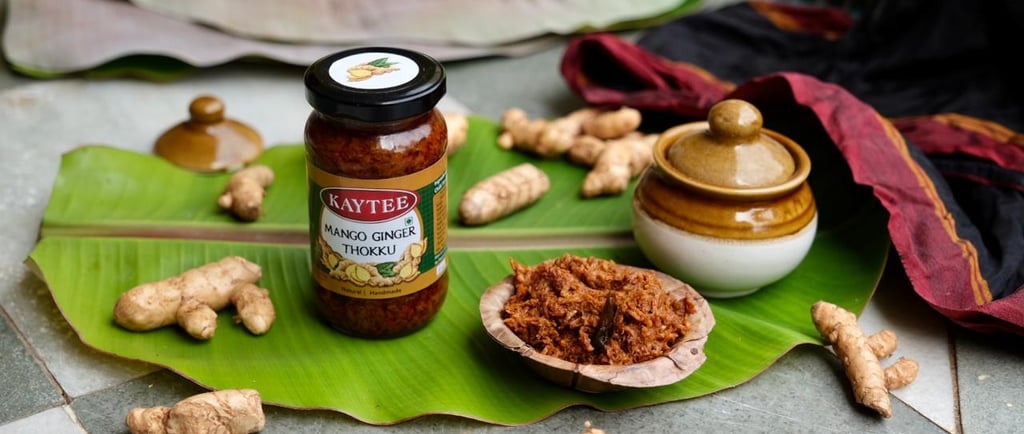Exploring the History of Thokkus in South Indian Cuisine
2/23/20252 min read


Introduction to Thokkus
Thokkus, a unique preparation in South Indian cuisine, particularly flourishes in the Kongunadu region. This dish stands out for its vibrant flavors and the rich history it carries. Typically comprising a blend of vegetables, spices, and sometimes meats, thokkus are not just about food; they mirror the cultural tapestry and culinary evolution of South India.
Early Flavors of Thokkus
The origins of thokkus date back centuries, showcasing distinct flavors influenced by the geographical diversity of the region. Early thokkus were primarily based on local ingredients such as seasonal vegetables, herbs, and the famous spice blend that defines South Indian cooking. The innovation in flavors is attributed to local communities who adapted their dishes based on available resources, leading to the creation of unique and delicious variations. Ingredients such as tamarind, curry leaves, and mustard seeds were staples, while coconut often featured as a key element, adding depth to the thokku's profile.
Cooking Methods and Techniques
In traditional Kongunadu kitchens, the preparation of thokkus involves various time-tested cooking methods. Techniques such as slow cooking in earthen pots, known as 'chatti,' allow for even heat distribution, enhancing flavors. These thokkus are often prepared through a process of sautéing ingredients in oil, followed by the addition of spices. The art of cooking thokkus lies in balancing the spices and ensuring that the vegetables retain their texture while absorbing the aromatic essence of the spices.
Furthermore, the practice of fermentation plays a crucial role in achieving the signature taste of thokkus. This technique, akin to pickling, allows the flavors to develop over time, creating a depth that is both tangy and savory. The slow fermentation process also contributes to the dish's probiotic qualities, making it not only delicious but also nutritious.
The Cultural Importance of Thokkus
Beyond mere sustenance, thokkus hold a place of reverence in the culinary traditions of Kongunadu. They are often served during festivals, family gatherings, and significant life events, symbolizing hospitality and community. Each family has its own recipe, passed down through generations, ensuring that the essence of this cherished dish continues to thrive.
In contemporary times, thokkus have made their way beyond traditional kitchens, appearing in restaurants and homes across the globe. Their adaptability allows them to cater to various palates, whether served as a side dish or as a main course.
Conclusion
The history of thokkus in South Indian cuisine is a testament to the region's rich culinary legacy, particularly in Kongunadu. From early flavor profiles to innovative cooking methods, thokkus encapsulate the essence of tradition and modernity. As we continue to explore and appreciate this beloved dish, we not only celebrate the diversity of tastes but also the stories and cultural significance they carry.
